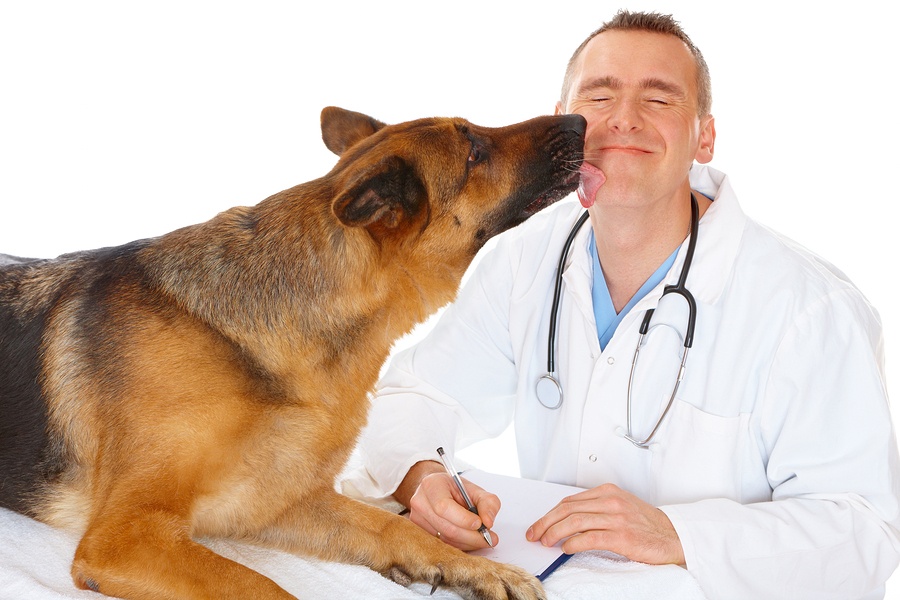Kennel cough is an infectious respiratory disease seen most often in dogs. It can be contracted by other companion species, including cats, but those instances are more rare.
The scientific name for kennel cough is canine infectious tracheobronchitis. Puppies age 6 weeks to 6 months are particularly vulnerable, but a dog of any age can come down with this illness.
There is no conveyed immunity following a bout of kennel cough, so a dog can have it more than once during their lives, just as humans suffer periodically from colds and upper respiratory infections.
A combination of simultaneous infectious agents can be responsible for a case of this illness. The major viral causes are, in order of prevalence:
– Parainfluenza virus
– Adenovirus 2 (canine distemper virus)
– canine adenovirus 1
Bacterial agents prominent in kennel cough infections include:
– bordetella bronchiseptica (the most common)
– streptococcus
– pasteurella
– pseudomonas
– e. coli
– mycoplasma
It is highly debatable whether it is zoonotic, meaning that humans can catch it from their companion animals.
Bordetella bronchiseptica is zoonotic on rare occasions in very young children, the elderly, or individuals with a compromised immune system.
A dog with this condition can pass the infection to cats, rabbits, pigs and guinea pigs, but this occurs only rarely.




 Author and long-time animal lover. Sharing knowledge on pet care through experience and the written word.
Author and long-time animal lover. Sharing knowledge on pet care through experience and the written word.